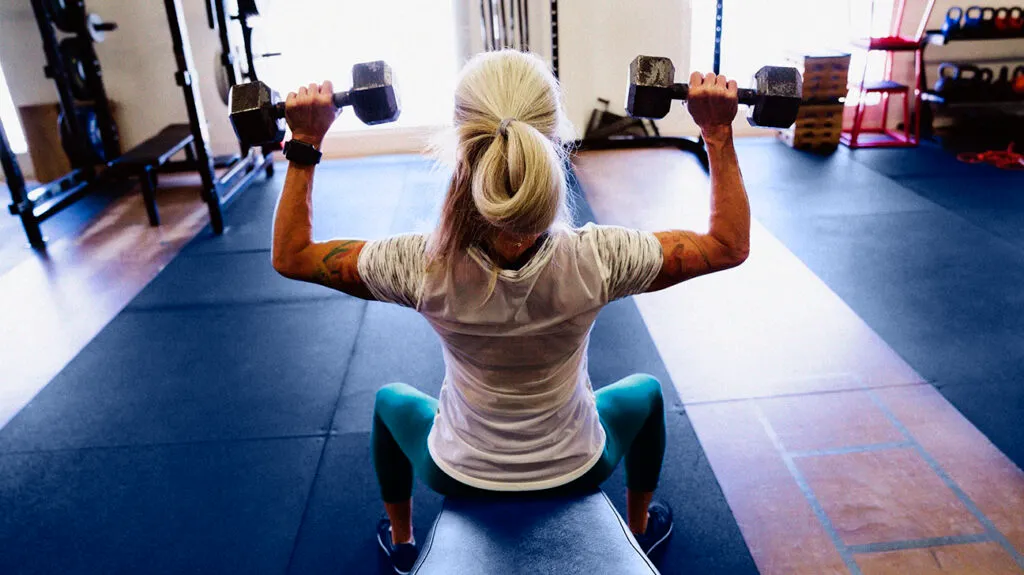Engaging in physical exercise is an excellent way to stay fit and healthy, but sometimes the aftermath of a rigorous workout can leave you with sore muscles. Delayed onset muscle soreness (DOMS) is a common occurrence, especially after introducing new exercises or increasing workout intensity. However, there are several effective strategies to manage and alleviate soreness, allowing you to recover faster and get back to your fitness routine.
Understanding Muscle Soreness
Delayed onset muscle soreness typically manifests as muscle pain, stiffness, and tenderness that peaks 24 to 72 hours after exercise. It is caused by microscopic damage to muscle fibers during intense physical activity or when performing unfamiliar exercises. While it might be uncomfortable, this soreness is a normal part of the muscle repair and growth process.
Effective Ways to Deal with Sore Muscles
- Rest and Recovery: Allow your body sufficient time to rest and recover. Avoid overtraining by scheduling adequate rest days between intense workouts to give your muscles time to repair.
- Gentle Exercise: Engage in low-impact activities like walking, cycling, or swimming. Light exercise increases blood flow to the muscles, aiding in recovery without causing further damage.
- Proper Hydration and Nutrition: Stay hydrated by drinking plenty of water before, during, and after workouts. Consume a balanced diet rich in protein, carbohydrates, and healthy fats to support muscle repair and growth.
- Massage and Foam Rolling: Use a foam roller or receive a massage to help alleviate muscle tightness and increase blood circulation, promoting faster recovery.
- Warm Baths or Showers: Taking a warm bath or shower can help relax muscles, reduce stiffness, and provide temporary relief from soreness.
- Apply Ice or Heat: Applying ice packs or cold compresses within the first 24-48 hours after a workout can help reduce inflammation and relieve soreness. After the initial phase, using heat packs or taking warm baths can aid in relaxing tense muscles.
- Get Sufficient Sleep: Quality sleep is essential for muscle recovery. Aim for 7-9 hours of sleep per night to allow your body to repair and regenerate.
- Anti-Inflammatory Medications: Over-the-counter nonsteroidal anti-inflammatory drugs (NSAIDs) like ibuprofen or aspirin can help alleviate pain and reduce inflammation. However, consult with a healthcare professional before using these medications regularly.
- Hydrotherapy and Epsom Salt Baths: Soaking in a warm bath with Epsom salts can provide relief by potentially reducing muscle inflammation and relaxing the body.
- Stretching and Yoga: Gentle stretching exercises and yoga can improve flexibility, reduce muscle tension, and aid in relieving soreness.
Prevention is Key
While sore muscles are often an inevitable part of a fitness regimen, there are preventive measures to minimize their occurrence:
- Gradually increase exercise intensity and duration to allow your muscles to adapt.
- Warm up before workouts and cool down afterward to prepare your muscles for activity and prevent injury.
- Stay consistent with your exercise routine to build endurance and reduce the likelihood of soreness.
Remember that while these strategies can help alleviate muscle soreness, severe or persistent pain should be evaluated by a healthcare professional to rule out any underlying injury or condition.
By implementing these tips into your post-workout routine, you can effectively manage and minimize muscle soreness, allowing you to recover faster and continue pursuing your fitness goals with reduced discomfort.

